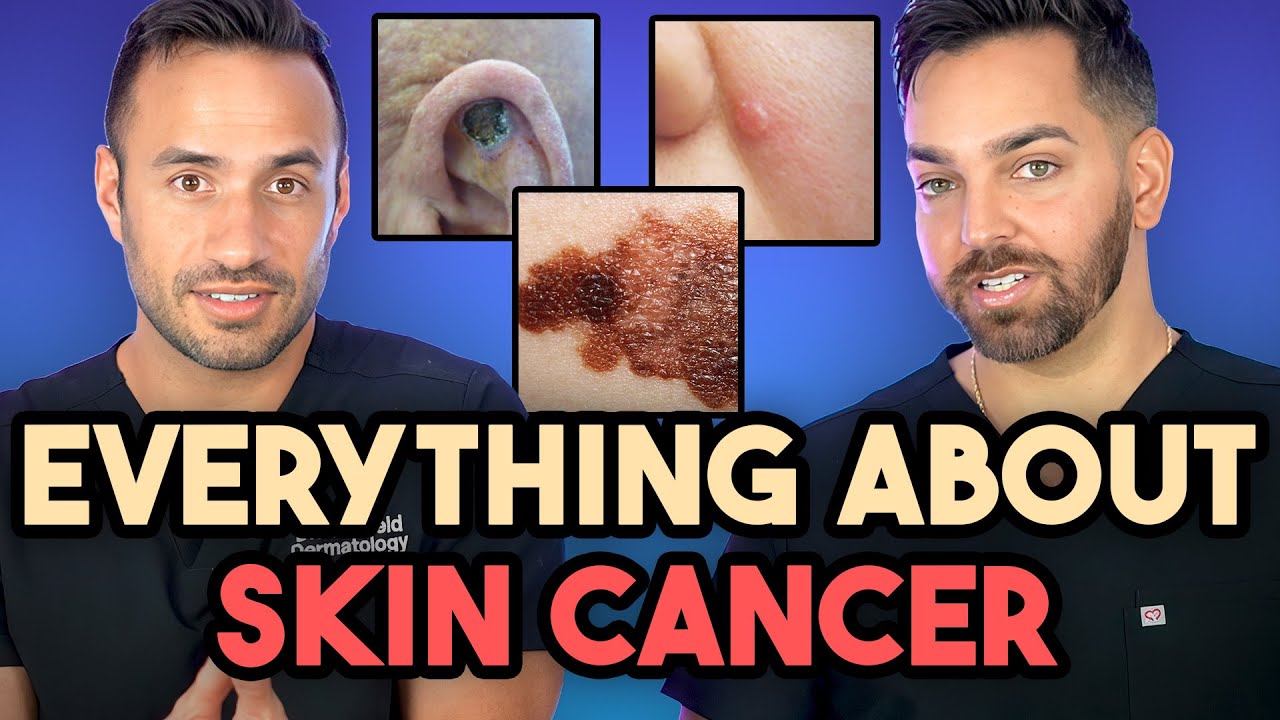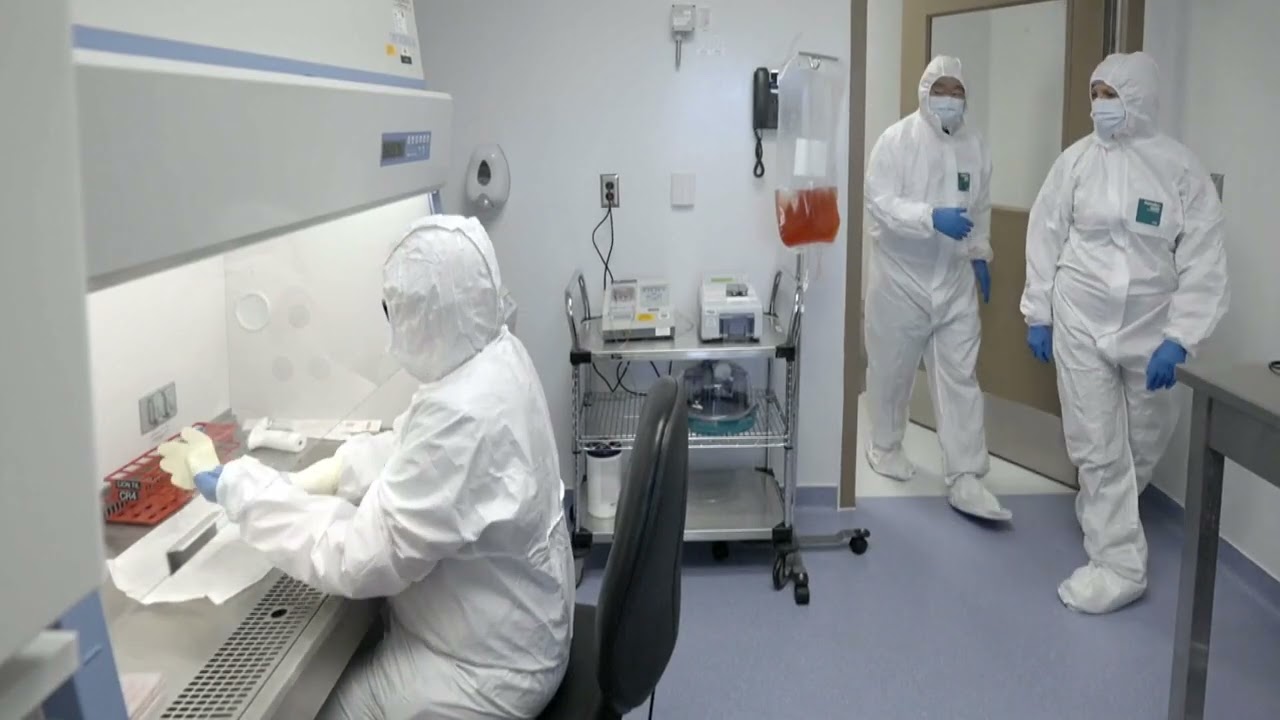NEW YORK (Reuters Health) – Combining an EGFR-directed tyrosine kinase inhibitor with conventional chemotherapy does not seem to be a good treatment strategy for lung cancer. According to the results of a phase II trial, patients with advanced non-small-cell lung cancer (NSCLC) with tumor biomarkers indicating susceptibility to erlotinib do not fare any better when erlotinib treatment is intercalated with chemotherapy.
In fact, “Patients with tumors harboring EGFR mutations had a better outcome on erlotinib alone,” Dr. Paul A. Bunn, Jr., at the University of Colorado Cancer Center in Aurora, and colleagues report in the Journal of Clinical Oncology online August 8.
They point out that erlotinib prolongs survival in unselected patients with NSCLC, but trials have indicated that erlotinib might interfere with concomitant chemotherapy. However, in theory, appropriate scheduling of erlotinib with taxanes could produce a synergistic effect.
This led the team to evaluate erlotinib versus chemotherapy intercalated with erlotinib in 143 patients with advanced NSCLC who were positive for EGFR protein expression and/or high EGFR gene copy number.
Specifically, the patients were assigned to either erlotinib 150 mg daily or to paclitaxel and carboplatin on day 1 intercalated with erlotinib 150 mg on days 2 through 15 every 3 weeks for four cycles, followed by erlotinib 150 mg.
Rates of progression-free survival at 6 months — the primary endpoint — were 26% in the combination arm and 31% in the erlotinib-only arm, the team reports.
Among patients with tumors with EGFR-activating mutations, median progression-free survival times were 18.2 months with erlotinib alone compared to just 4.9 months with combination treatment, according to the report.
Respective overall survival rates at 12 months in the two treatment groups were 59% and 46%, Dr. Bunn and colleagues found.
“In summary,” they write, “this study could not demonstrate any benefit of combining chemotherapy and intercalated EGFR-TKI in patients with advanced NSCLC.”
Reference:
A Randomized, Phase II, Biomarker-Selected Study Comparing Erlotinib to Erlotinib Intercalated With Chemotherapy in First-Line Therapy for Advanced Non–Small-Cell Lung Cancer
J Clin Oncol 2011;29.








